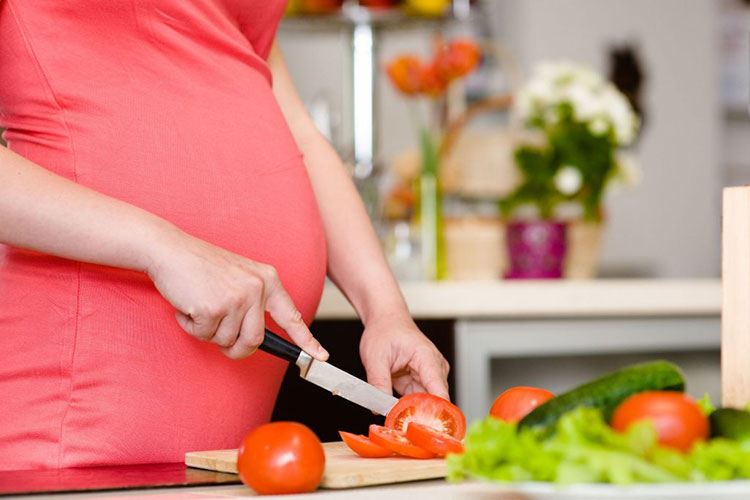Nutrition during pregnancy is much more important than nutrition in other periods. The baby has only one resource, and that is its mother. Nutrition during pregnancy is an issue that requires attention as both the baby grows and matures and the mother’s needs are met. Pregnancy doesn’t mean we have to change our habits and tastes.
The only thing we can do is to eat natural, fresh and diverse foods and stay away from high-calorie foods. It should not be forgotten that the growth and health of the baby; Good spiritual, physical and mental development is proportional to the mother’s health and balanced nutrition.
An expectant mother with a normal weight gains between 5-12 kilos with a balanced and adequate diet. In order to maintain this balance, an additional 20 grams per day compared to before pregnancy. protein, 12-20 mg. iron, 500 mg. It requires calcium and an average of 300 calories of energy.
CALCIUM
Calcium is a mineral necessary for the development of your baby’s bones and teeth, which begin to form from the 8th week onwards. The foods richest in calcium are cheese, milk, yoghurt and green leafy vegetables. It would be better to choose skimmed milk and yoghurt.
PROTEINS
In order to meet the increasing protein need during pregnancy, protein-rich foods such as red and white meat, milk and dairy products, eggs, fish and legumes should be preferred. It is important to consume lean meat. In addition, Omega 3 and Omega 6 fatty acids, found in fish other than protein, are substances that have a positive effect on the baby’s intelligence development.
IRON
It is important to consume blood-forming foods, that is, iron-rich foods, during pregnancy. These foods; molasses, raisins, red meat, eggs and legumes. In addition, fruits and vegetables rich in vitamin C will increase iron absorption from the intestines. For example; It would be appropriate to eat 1 orange with a legume meal. However, medication supplements are still useful.
C VITAMIN
As metabolism accelerates during pregnancy, the need for vitamin C will also increase, which can only be met with regular nutrition. C vitamin; It is found in many vegetables and fruits such as orange, lemon, green pepper, strawberry, tomato, cauliflower, cabbage, grapefruit and kiwi.
FOLIC ACID
Folic acid is very important in the development of the baby’s central nervous system. Fresh vegetables are a source of folic acid. It is mostly found in spinach, peanuts, hazelnuts, cauliflower and whole wheat bread.
FIBER FOODS
Fiber foods should be consumed abundantly. It is very useful in preventing constipation and intestinal laziness, which are common during pregnancy.

